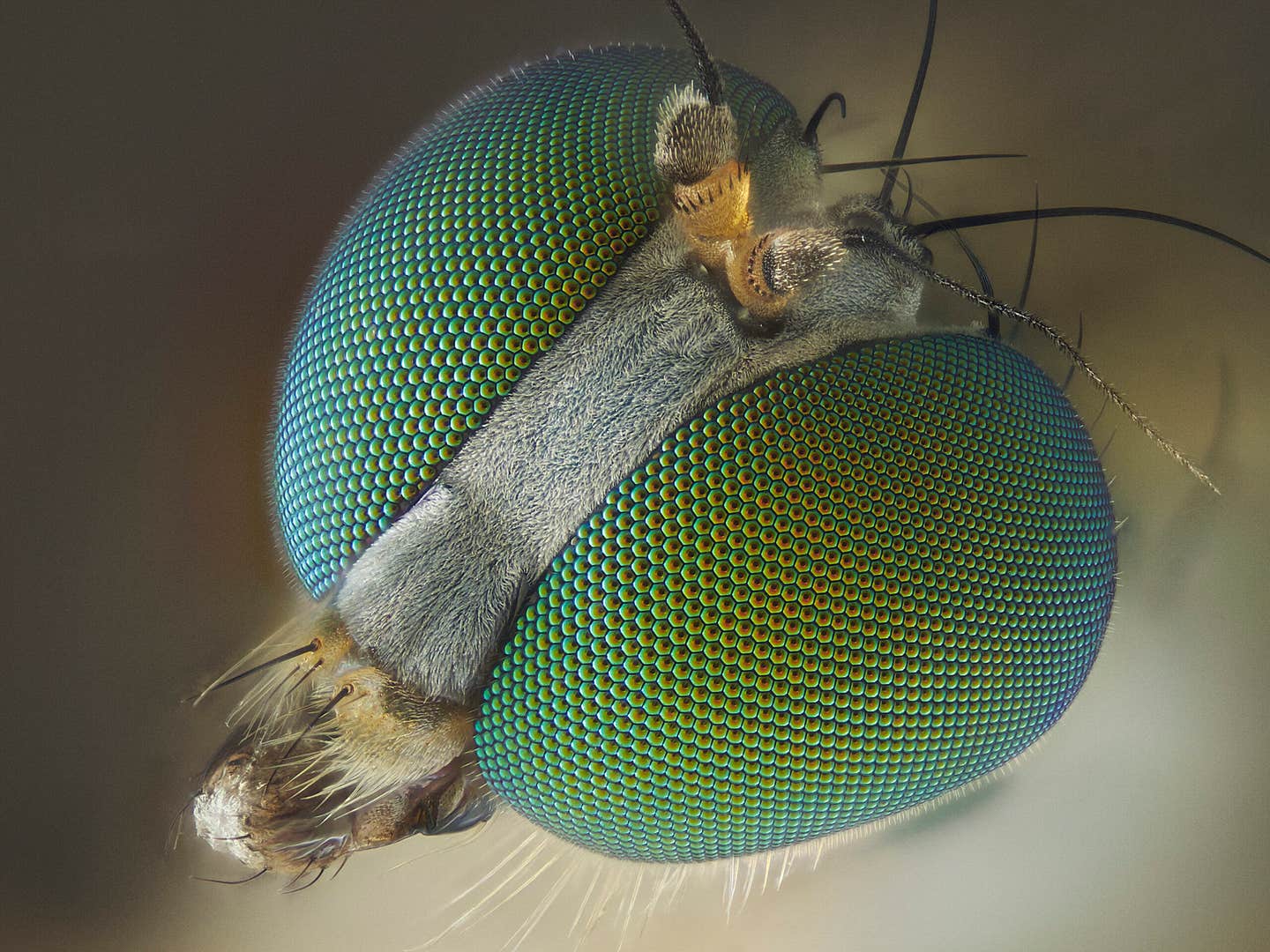Groundbreaking AI model can predict autism in young children
This innovation offers a new avenue for early autism detection, a crucial step in providing appropriate support to those affected.

With an accuracy of almost 80 percent for children under the age of two, we hope that this will be a valuable tool for healthcare. (CREDIT: CC BY-SA 3.0)
A groundbreaking machine learning model has emerged, capable of predicting autism in young children with limited information. Developed by researchers at Karolinska Institutet, this innovation offers a new avenue for early autism detection, a crucial step in providing appropriate support to those affected.
Kristiina Tammimies, an Associate Professor at KIND, Karolinska Institutet’s Department of Women's and Children's Health, emphasizes the potential impact of this tool: “With an accuracy of almost 80 percent for children under the age of two, we hope that this will be a valuable tool for healthcare.”
The research draws on a substantial database from the U.S. known as SPARK, containing data on approximately 30,000 individuals, both with and without autism spectrum disorders. By examining 28 distinct parameters, the team created four machine-learning models designed to identify patterns indicative of autism.
These parameters were chosen specifically for their accessibility, allowing them to be gathered without extensive assessments or medical tests before a child reaches 24 months old. Among these models, the best performer was named 'AutMedAI.'
In a trial involving about 12,000 participants, AutMedAI successfully identified roughly 80% of children who were later diagnosed with autism. Notably, the model found that a few key factors—such as the age of first smile, first short sentence, and the presence of eating difficulties—were particularly strong predictors of autism when combined with other parameters.
Related Stories
“The results of the study are significant because they show that it is possible to identify individuals who are likely to have autism from relatively limited and readily available information,” explains Shyam Rajagopalan, the study's first author and an affiliated researcher at Karolinska Institutet. Rajagopalan, currently an assistant professor at the Institute of Bioinformatics and Applied Technology in India, highlights how early detection could lead to more timely interventions.
Early diagnosis is critical for implementing effective interventions that help children with autism reach their full potential. Rajagopalan emphasizes that this model could substantially alter the landscape of early diagnosis and intervention, ultimately improving the quality of life for many individuals and their families.
In addition to identifying children with autism, the AI model proved adept at recognizing those with more severe challenges, such as difficulties in social communication, cognitive abilities, and general developmental delays. This capability further underscores the model's potential as a powerful tool in the hands of healthcare providers.
Looking ahead, the research team plans to enhance and validate the model in clinical settings. An exciting aspect of this ongoing work is the incorporation of genetic information, which could refine the model's predictions even further. Tammimies stresses the importance of thorough testing and validation to ensure the model's reliability in real-world applications.
“To ensure that the model is reliable enough to be implemented in clinical contexts, rigorous work and careful validation are required. I want to emphasize that our goal is for the model to become a valuable tool for healthcare, and it is not intended to replace a clinical assessment of autism,” she says.
The study, funded by the Swedish Foundation for Strategic Research, Hjärnfonden, and Stratneuro, represents a significant step forward in the early detection of autism. As research continues, there is hope that tools like AutMedAI will enable earlier and more accurate diagnoses, ultimately leading to better outcomes for children with autism and their families.
Note: Materials provided above by The Brighter Side of News. Content may be edited for style and length.
Like these kind of feel good stories? Get The Brighter Side of News' newsletter.
Rebecca Shavit
Science & Technology Journalist | Innovation Storyteller
Based in Los Angeles, Rebecca Shavit is a dedicated science and technology journalist who writes for The Brighter Side of News, an online publication committed to highlighting positive and transformative stories from around the world. With a passion for uncovering groundbreaking discoveries and innovations, she brings to light the scientific advancements shaping a better future. Her reporting spans a wide range of topics, from cutting-edge medical breakthroughs and artificial intelligence to green technology and space exploration. With a keen ability to translate complex concepts into engaging and accessible stories, she makes science and innovation relatable to a broad audience.



